Social Media Data Collection, Does It Matter?
"I have nothing to hide" is the most common argument to downplay the importance of all the data that these platforms collect about us.

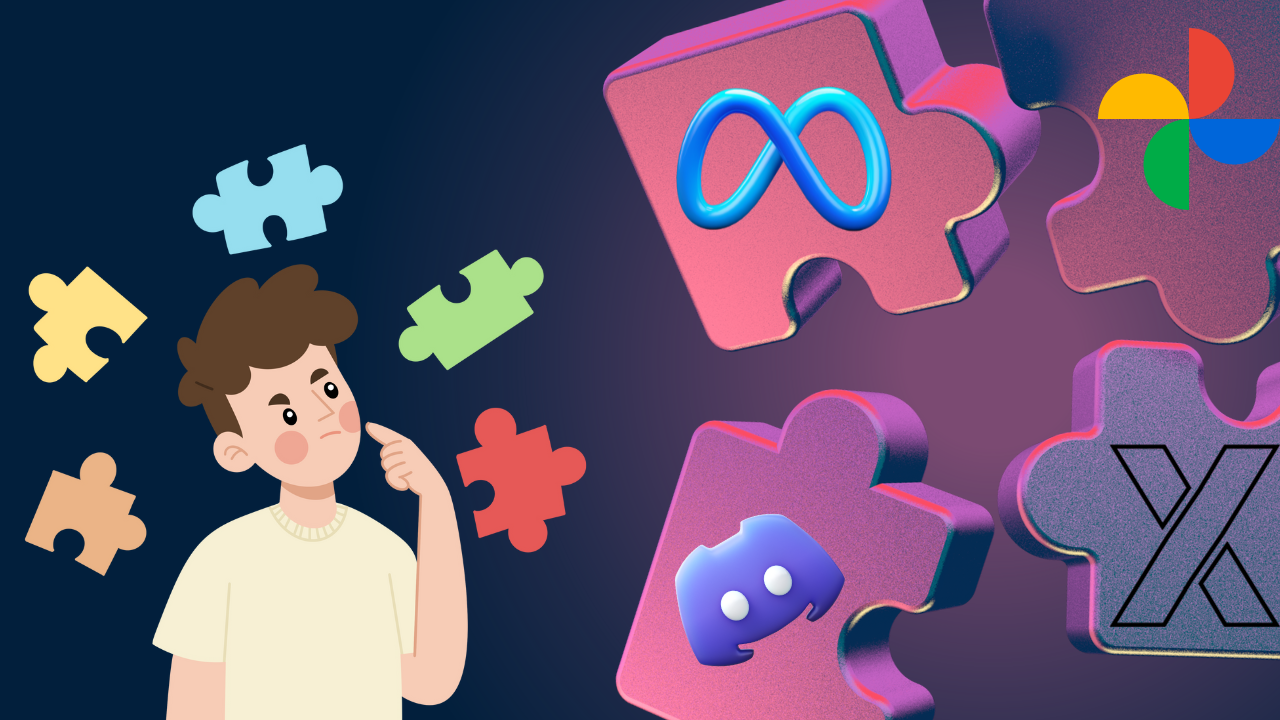
It is difficult to find a person who is not exposed to the reach of social networks. They have become popular for their ease of use, speed and effectiveness in spreading a message.
Unfortunately, this same convenience has also made us, as users, careless about the amount of information that social media platforms collect about us and what they can do with it, or what a malicious third party could do if they were to gain access to it. Let's outline the data that some of these platforms collect about us, what they do with it, and why this could pose a danger to our privacy and, potentially, our personal or family security.
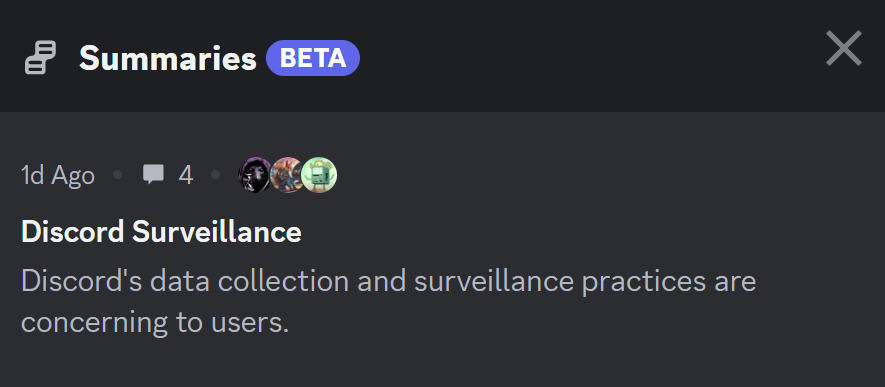
Discord
We need to start with Discord because it's the communication app we use "at home." Discord is very useful for managing large communities with a wide range of topics. It is used for group calls, personal messaging and holding events. According to its privacy policy, Discord collects the following information about us:
Messages (including drafts), voice messages, cover images for live streams, friends you add or users you interact with, games you play, the servers or communities you're registered in, purchases or sales you make through the app, and the decisions you make when moderating content.
They recently changed their terms of service to store livestreams. Discord also automatically collects certain information, such as the IP address, browser you use, and OS.
Twitter (X Corp)
Twitter stores a frightening amount of user information on its servers. They report to process approximately 400 billion events in real-time and generate petabyte (PB) scale data every day. It saves direct messages, who you follow, and who you interact with (saved posts, favourites).
This wide range of event sources is made available to the general public via their API. Essentially making all public interactions on the platform indexable and 'data mineable' to third parties.
Meta
The Meta group of applications, including Facebook, Instagram, and now Threads, goes even further, with a list so long, just of the information you provide, that it would be too long to detail. It includes all your posts, including voice notes, photos taken using your device's "camera" feature or its gallery, the ads you see, the time you spend viewing them, and even the ones you choose to ignore.
It includes metadata from your messages; location, date, time, and device. It also includes the time you spend on each of the different app functions, your religious beliefs, philosophical beliefs, sexual orientation, and even union membership.
But they go further, through their famous Pixel, Meta is able to know what you do outside of Facebook: the websites you visit, how much time you spend on them, what games you play, what you buy, and even data like your level of education. Also, of course, the technical information about your device, such as IP address, operating system, browser fingerprint, among others, regardless of whether you have logged in to Facebook or not!
This may seem acceptable if your country or local government is democratic, transparent and applies fair application of the law. For most around the world this is not the case.

Why Should I Care?
"I have nothing to hide" is the most common argument to downplay the importance of all the data that these platforms collect about us. However, even if what you are doing is not illegal, there are good reasons to be concerned about what companies know about you.
A political activist or journalist could be seriously affected if any powerful organization or government they opposed was searching for key words or opinions they intend to suppress. If Meta were to receive a data request from an authoritarian government, it would most likely comply and this is a root cause for oppression in many regions around the world with countless examples.
There are also clear examples where your personal information could end up in the hands of companies or hackers who may use it for malicious purposes, such as identity theft, gaining access to your accounts, sending unwanted advertising or extorting you. Remember, information about you is also that of who you communicate and interact most intimately with.
You may not know how your data is stored, processed, or shared with third parties, or you may not be able to delete or modify it if you change your mind, #cancelculture. The owners of your data may *now* be trusted but what about in 5 years?
Crypto holders are a category that should be considered at risk. There have been numerous instances in which known 'whales' have been targeted by organised crime. Adversarial nation states are increasingly finding vulnerabilities in DeFi protocols and are likely to target individuals as well.
Are There Alternatives?
Although not as popular, there are alternatives for at least most of the most popular social networks. Let's take a look at some:
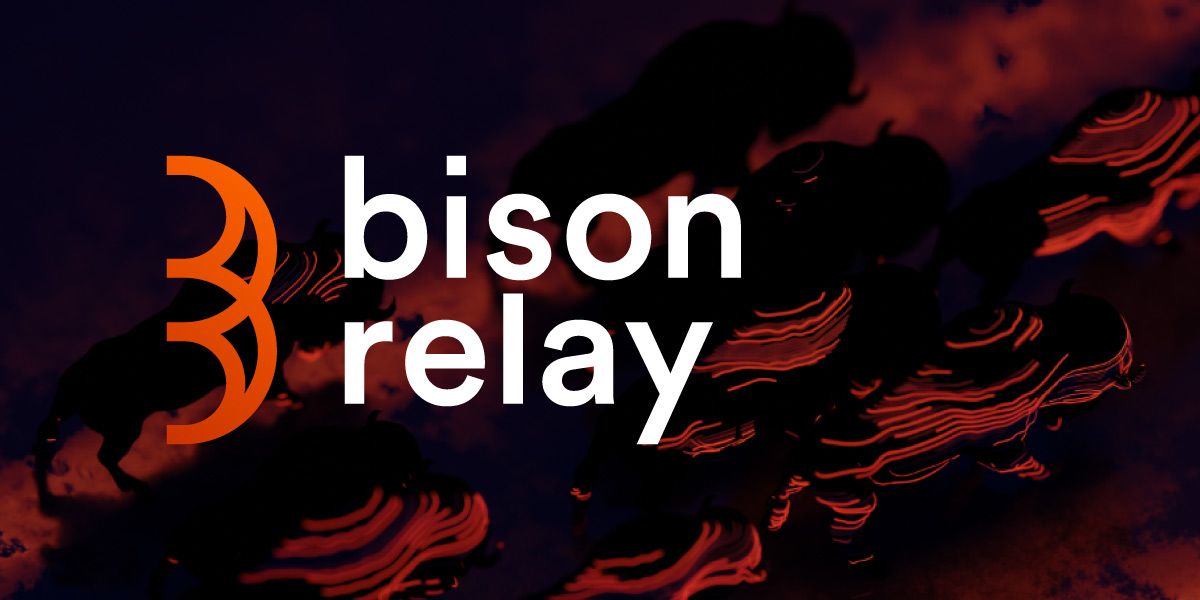
Bison Relay
Bison Relay is an end-to-end encrypted, accountless social platform. Every message & attachment is paid for using Decred lightning network microtransactions. In many ways it presents a much more agreeable alternative to Discord with easy to use Group Chats and Subscribed Posts. It is still in development but moving quickly towards the addition of new features such as Marketplaces and a Mobile App.

Matrix, like Discord but more private
Matrix is the closest alternative to Discord and Telegram, sharing many of their features but adding privacy enhancements such as end-to-end encryption, not making a business out of data, and keeping its code open source. It is completely free if you decide to run your own server, although you may want to pay for a specialized server on the internet or donate to the project. It is cross-platform and even allows integration with Discord, Telegram, and other applications (including Bison Relay!).
Mastodon
One of the most popular alternatives to Twitter, although not the only one. Mastodon stands out for being decentralized, meaning that any individual or organization that wishes to can launch their own instance or "server" for people with common interests or characteristics, but they can interact with other independent instances.
In Mastodon, each administrator sets their own rules, and since they don't engage in the data business, they don't collect too much information about their users, demographics, or preferences, nor do they share it with third parties.
Unfortunately, they do not implement end-to-end encryption in their messages, which is something to keep in mind.


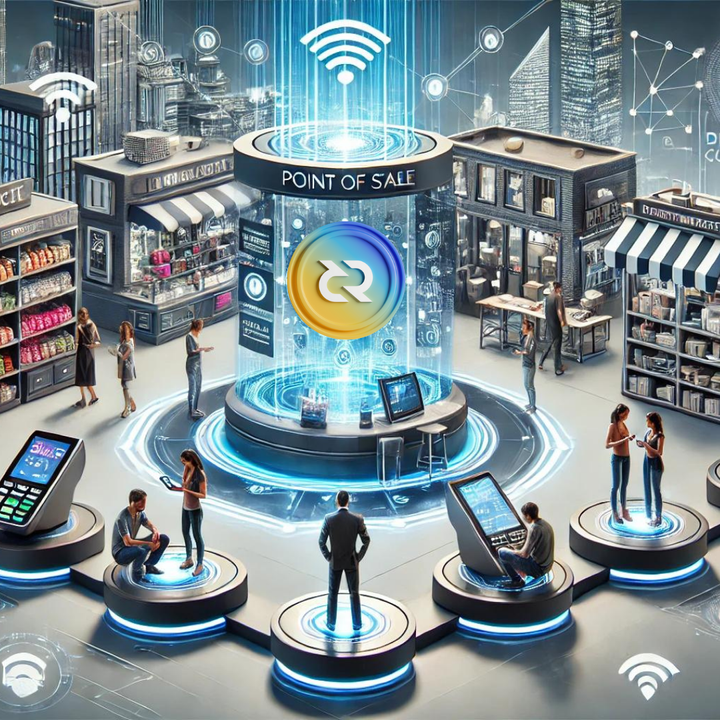
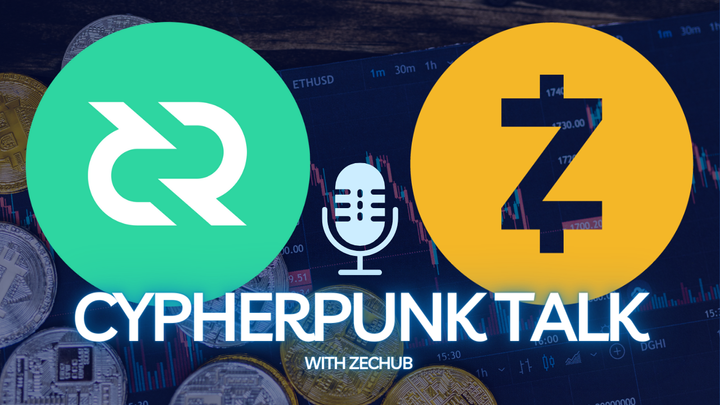

Comments ()